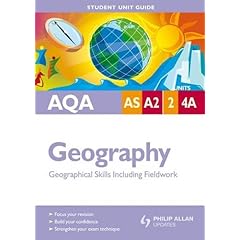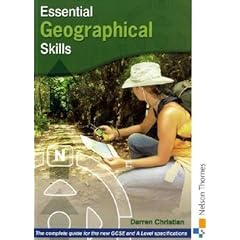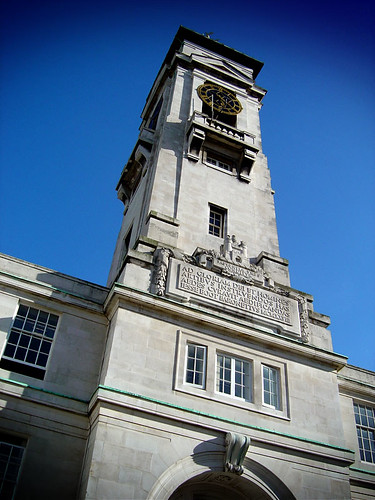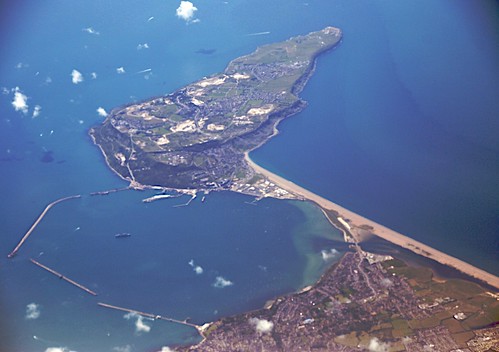Lots to catch up on as it has been a busy few weeks...
After spending the first few weeks of term getting to grips with the hydrological cycle and river processes, it was off to Dovedale for Year 12. Fortunately this time, it wasn't the morning after a Sixth Form Party, but the weather when we arrived at our first site was thoroughly grey and miserable, and the fog made it pretty difficult to see the nice v-shaped valley and interlocking spurs. Luckily, things improved as the day went on, and we almost had some sunshine when we got to Site 3. We measured a number of variables at each site - channel width and depth, velocity, gradient of the long profile, and size and angularity of bedload, with the aim of understanding how these variables changed with distance downstream. After lunch (and all those gates) we arrived at Milldale, from where we walked down Dovedale to the famous stepping stones, stopping to look at a variety of interesting geographical and geological features along the way, including Ilam Rock, the Tissingon Spires, Thorpe Cloud and Lover's Leap (although I was disappointed with the response that my rendition of the Lover's Leap legend received...). The highlight of the day, of course, was the ice cream...
For more about Dovedale, including various links, click on the label at the bottom of this post.
Since our return from Doevdale, we've spent a lot of lesson time writing up our findings in preparation for the GEOG2 exam in January. You should, by now, be very familiar with the enquiry structure:
- Aims (what you were trying to find out)
- Hypotheses (predictions of what you expected to find - with some theory to back them up!)
- Method (what you did - remember, your method should be clear enough that someone who knows nothing about what you were doing could replicate your investigation)
- Results (maps, graphs, tables, statistics, etc. - presentation of your findings)
- Analysis (discussion of the results of your investigation... make sure that you link back to your hypotheses)
- Conclusion (a summary of your findings - link back to your aims and hypotheses... Make sure that you are not saying anything new in this section!)
- Evaluation (what was successful about your investigation, what was less successful - and how could those problems have been resolved, how could you extend/develop the investigation?)
We also had to make sure that we considered the risks that we faced, and it might well be that you are asked about risk assessment in your GEOG2 exam.
























